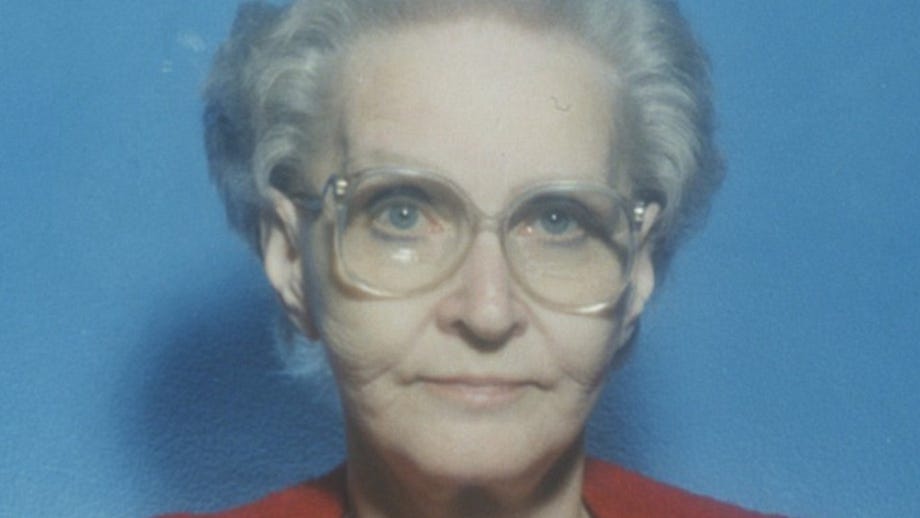The dark secrets of a simple boarding house landlady

Born on January 9, 1929, Dorothea Helen Puente Gray was going to die on March 27, 2011.
The time between those two dates were going to be harsh for her, a life filled with trauma, and fatal for her victims.
By the time she was 10 both of her alcoholic parents were dead, one from tuberculosis and the other in a motorcycle accident, resulting in her and her siblings being sent to an orphanage. She was there for about six years and during that time she was repeatedly sexually abused.
Her escape came in the form of a soldier, Fred McFaul. They had two children together, one she put up for adoption and the other she sent away to live with a relative in Sacramento, but within 3 years the marriage was over.
The next few decades of her life were turbulent, with brief stints in jail for forgery and running a brothel, a second failed marriage, and being diagnosed as a pathological liar.
With that particular trait in her box of tricks, Gray set about reinventing herself in Sacramento, opening a boarding house for the elderly and contributing to local causes and charities. She even changed her appearance to appear kindlier and more matronly, the little grey-haired old lady who was kind to everyone.

Under this new contrived persona, Dorothea Helen Gray set about cashing checks of some of her tenants, and it wasn’t long before her greed escalated to murder.
Her first victim in the boarding house came about in 1982. Her name was Ruth Munroe, and Gray convinced the investigators that the codeine and acetaminophen found in her system was a suicide due to Munroe’s depression over her husband being terminally ill.
Learning her lesson, Gray adjusted the dosages for her next few victims, drugging them just enough so that she could steal their welfare checks. She would have been better off killing them, she later realized, as their later accusations ended up with her serving 5 years in prison.
While locked up, Gray developed a pen pal relationship with a retired gentleman from Oregon. When she got out after three years in 1982, wedding bells were on the cards for them and the 77-year-old Everson Gillmouth couldn’t have been happier.
Three years later he was dead, his decomposing corpse found in a coffin-sized box floating at the side of a lake. The grisly discovery wasn’t immediately connected to Gray, and no one suspected that it could be Everson Gillmouth because his pension checks were still being cashed regularly. By Gray.
So, free from suspicion for the first time in years, she was able to reopen her boarding house and continue business as usual.
Which in her case meant drugging her tenants, stealing their checks, and occasionally murdering them.

If it hadn’t been for a relative reporting the disappearance of one of her tenants in 1988, one Mr. Alvaro Montoya, the ensuing investigation wouldn’t have unearthed the 7 bodies buried around her property.
The court case lasted for months, Gray pleading not guilty on all charges. The jury almost bought her defensive strategy, though, her ability to lie convincingly almost winning them over, her claim that her unfortunate tenants had all died of natural causes almost getting her off the hook.
In the end, the Death House Landlady, as she came to be known, was only convicted for 3 of the 9 murders but was nevertheless sentenced to life in prison.
Her death in March 2011, at 82 years old, was going to be from natural causes, peaceful.
The same couldn’t have been said for the victims she had consistently drugged to the point of unconsciousness and then, callously, smother the last breath out of their frail bodies.
Afterward, she would always continue to communicate with their relatives while cashing their checks for as long as possible.
For all the years she was imprisoned, Gray never admitted her guilt, never showed any signs of remorse despite the damning evidence of her crimes.

She was a classic psychopath who couldn’t comprehend right from wrong, who lacked the ability to empathize, and who was just as good at lying to herself as she was to the rest of the world.
